Russia’s constitutional court approves Ukraine accession treaties as lawful
Russia’s Constitutional Court has approved the accession treaties signed by President Vladimir Putin allowing four former Ukrainian regions to become part of the Russian Federation after referendums.
The court on Sunday ruled to “recognize...as corresponding to the constitution of the Russian Federation” the accords that would admit formerly breakaway People’s Republics of Donetsk and Luhansk in eastern Ukraine, as well as southern Kherson and Zaporizhzhia regions to lawfully join Russia, reports said.
The court also ruled that the "international treaties" on the incorporation of the four regions complied with the Russian constitution, noting that the transition period on integration would last until January 1, 2026.
Russian media also reported that Putin appointed senior lawmakers, Andrey Klishas and Pavel Krasheninnikov, as his representatives in legislative deliberations regarding the integration of the regions.
Citing Krasheninnikov, Interfax news agency said people residing in the new territories will acquire Russian citizenship after taking the oath of allegiance, while the ruble will become the official currency there, though settlements in Ukraine's hryvnias currency will be possible before the end of the current year.
The development came as the Russian president also forwarded accession treaties, which formalize the integration of four Ukrainian regions into Russian soil, to the State Duma -- the lower house of the Russian parliament -- for ratification.
The regions had earlier voted overwhelmingly in favor of accession to the Russian Federation during separate referendums despite a widely publicized media campaign by Kiev and its Western sponsors censuring the votes as “a sham.”
The votes were held amid an ongoing Russian military operation in Ukraine, launched in late February following Kiev’s failure to implement the terms of the 2014 Minsk agreements and Moscow’s recognition of the breakaway regions of Donetsk and Luhansk.
At the time, Russian President Vladimir Putin said one of the goals of what he called a “special military operation” was to “de-Nazify” Ukraine.
On Sunday, leaders of nine European countries that are also members of the US-led NATO military alliance, slammed what they referred to as Russia's “annexation” of the breakaway regions.
“We do not recognize and will never recognize Russian attempts to annex any Ukrainian territory,” said the presidents of the Czech Republic, Estonia, Latvia, Lithuania, Montenegro, North Macedonia, Poland, Romania, and Slovakia in a joint statement.
Hungary was notably absent from the list amid efforts by President Viktor Orban to forge closer ties with Moscow. Albania, Bulgaria, Croatia, and Slovenia also refused to sign the statement.
The statement called on "all [NATO] allies to substantially increase their military aid to Ukraine,” despite warnings by Moscow that providing weapons to Kiev would only prolong the conflict.
It also expressed support for Kiev's demand to join the US-led military alliance in an effort to instigate an all-out NATO confrontation with Russia. Washington, however, has dismissed the idea of Ukraine’s admittance to the alliance anytime soon.
This is while the Chairman of Russia’s Security Council Dmitry Medvedev slammed on Friday Kiev’s renewed bid to promptly join NATO as a move that would only “hasten the start of World War III.”
"[Ukrainian President Vladimir] Zelensky wants to speed up NATO membership. Great idea. He just begs NATO to hasten the start of World War III," Medvedev wrote in a Friday post on his Telegram channel as cited by Russia’s TASS news agency.
The senior politician further underlined that in his opinion "the guy [Zelensky] has clearly had enough of it" in an apparent reference to the recent accession of the four former Ukrainian regions to Russia.
Moscow has repeatedly warned NATO against its expansion toward Russia’s borders, insisting that the move would “certainly provoke" a response.
Before launching the military operation, Moscow had called for legally binding guarantees that Ukraine would never be admitted to the US-led military alliance.
The US and its NATO allies have supplied billions of dollars worth of weaponry to Ukraine and imposed waves of sanctions against Moscow in the past seventh months of devastating war.
VIDEO | Trump fighting allies on Greenland
Iran FM: Selective respect for deals now haunting Europe
Arab rights group urges UK to sanction Netanyahu over 'incitement to genocide' in Gaza
‘Political, non-constructive’: Iran slams UNHRC special session on recent riots
Forced evacuations in South Gaza as Israeli military expands control over land
Iran reports steep rise in exports after forex policy shift
Iranian bank loans up 47.2% y/y in Apr-Dec
Macron slams Trump’s ‘bullying’ as US threatens tariffs, pushes Greenland grab


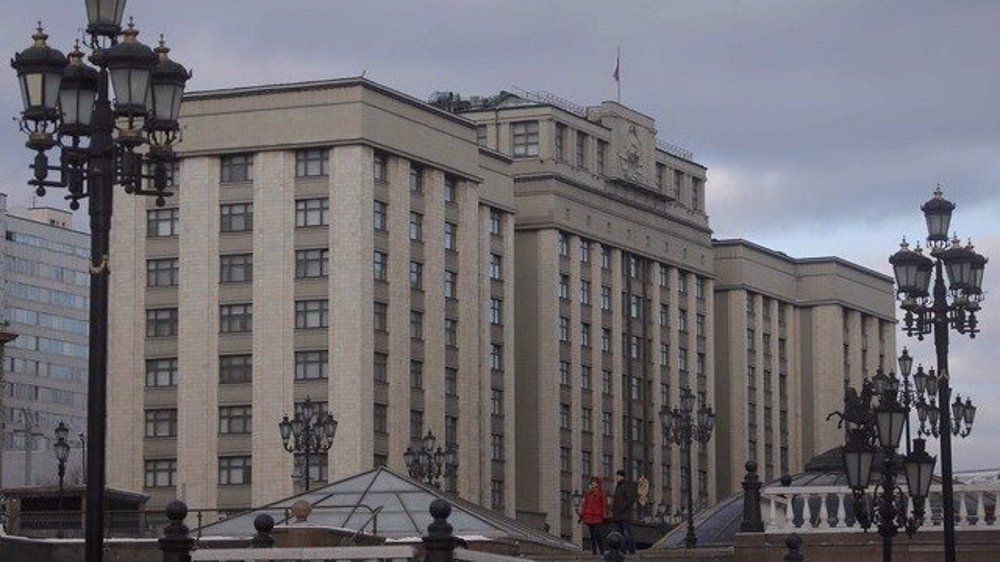
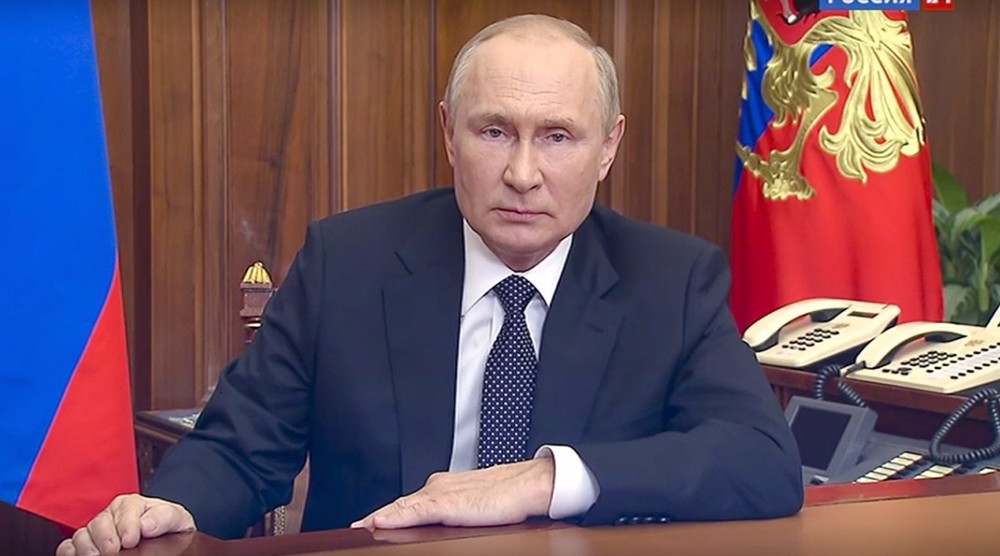
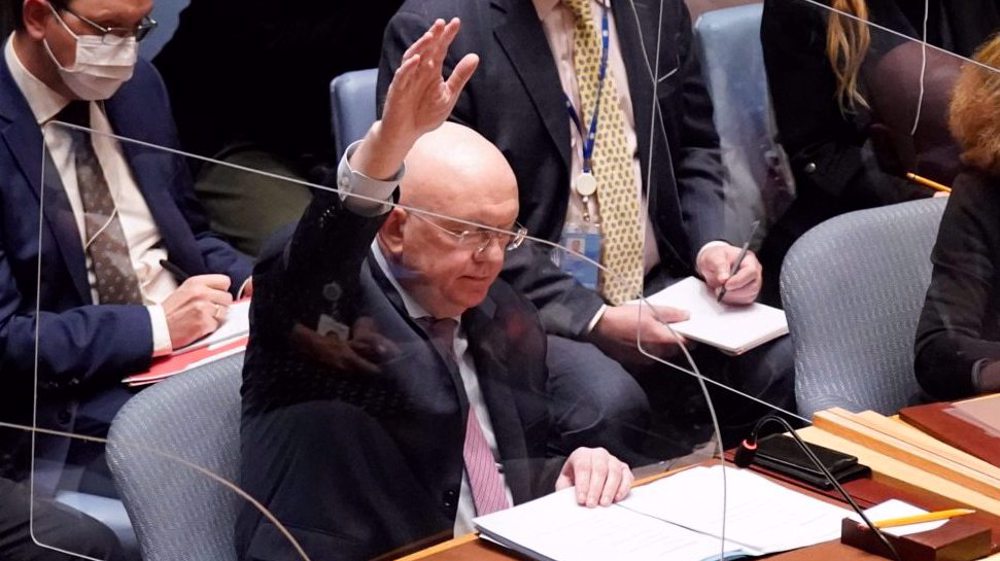
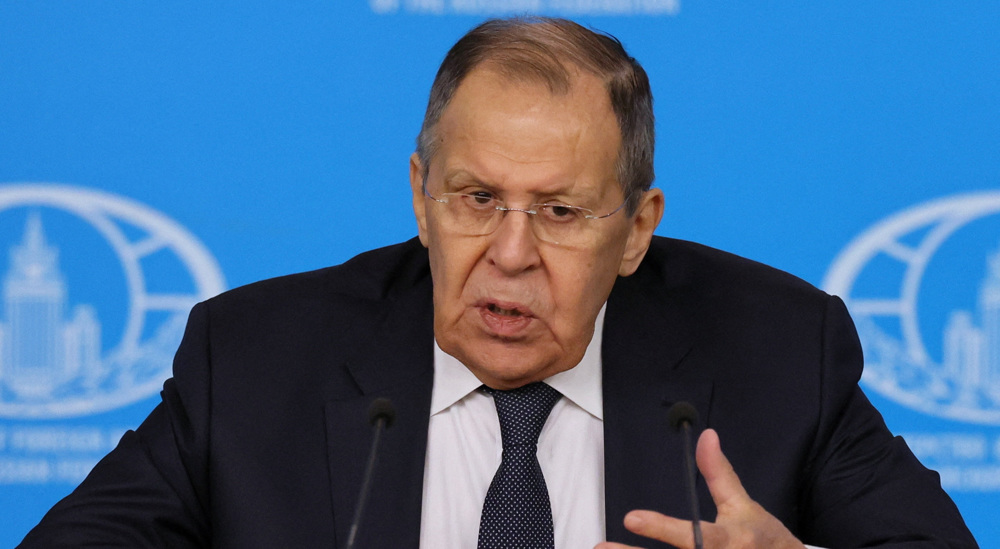
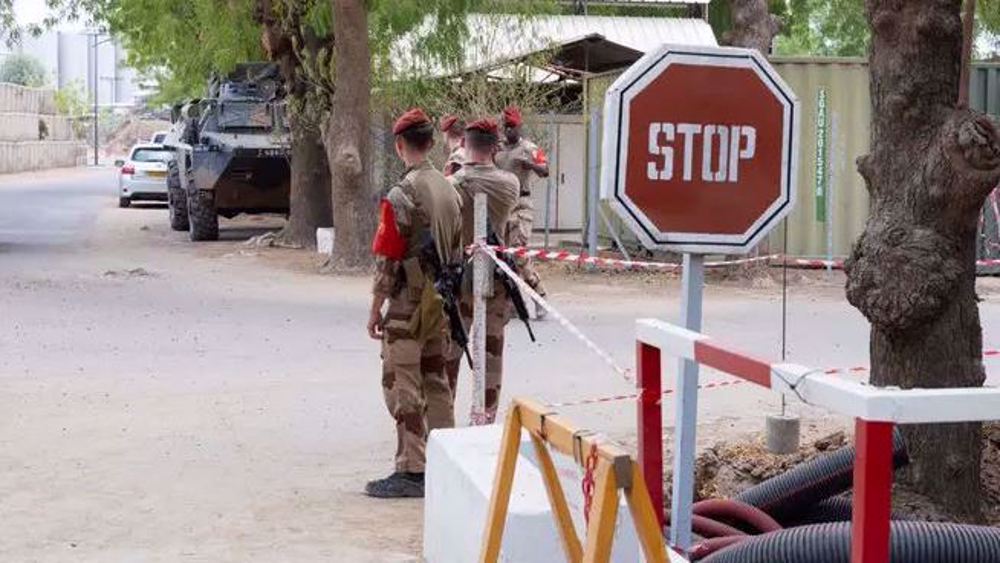
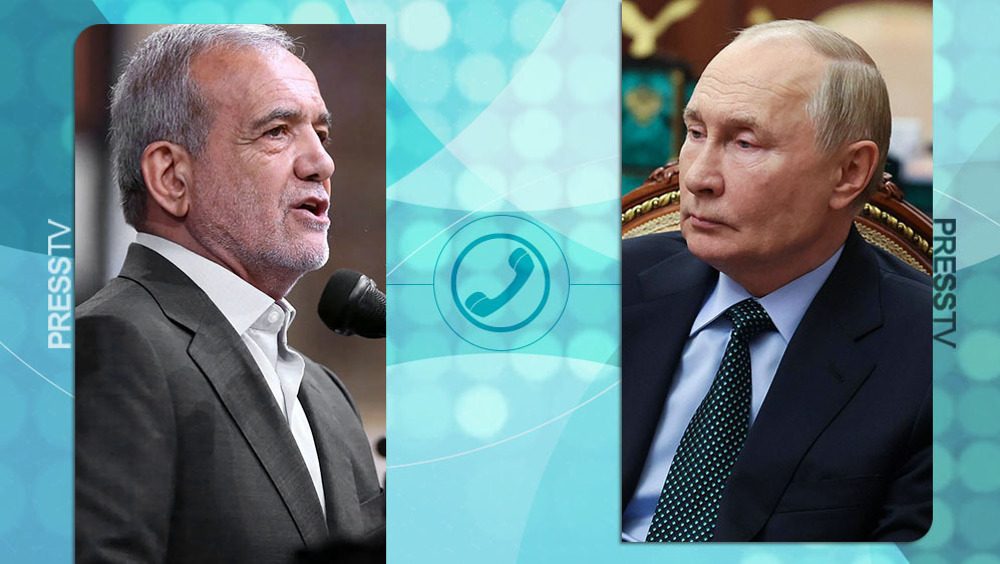



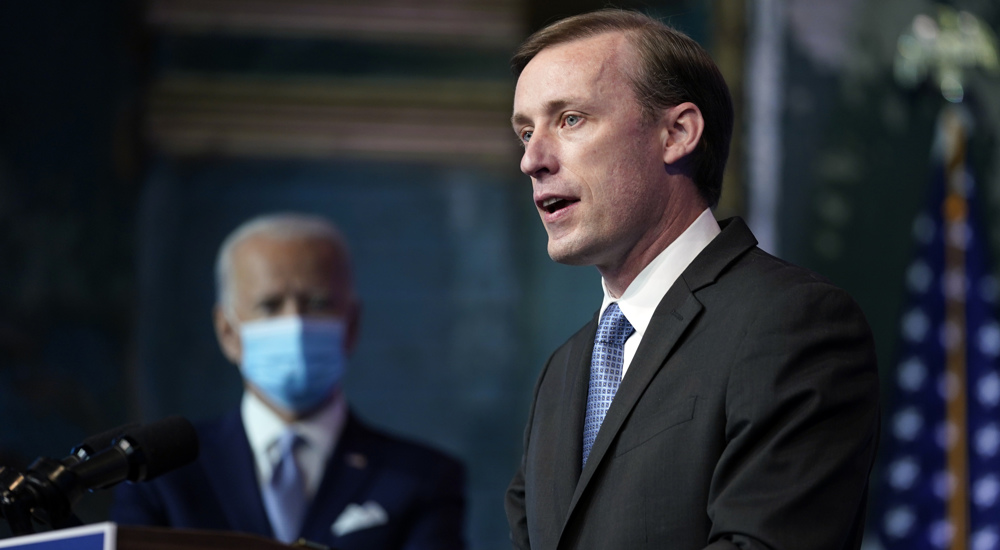
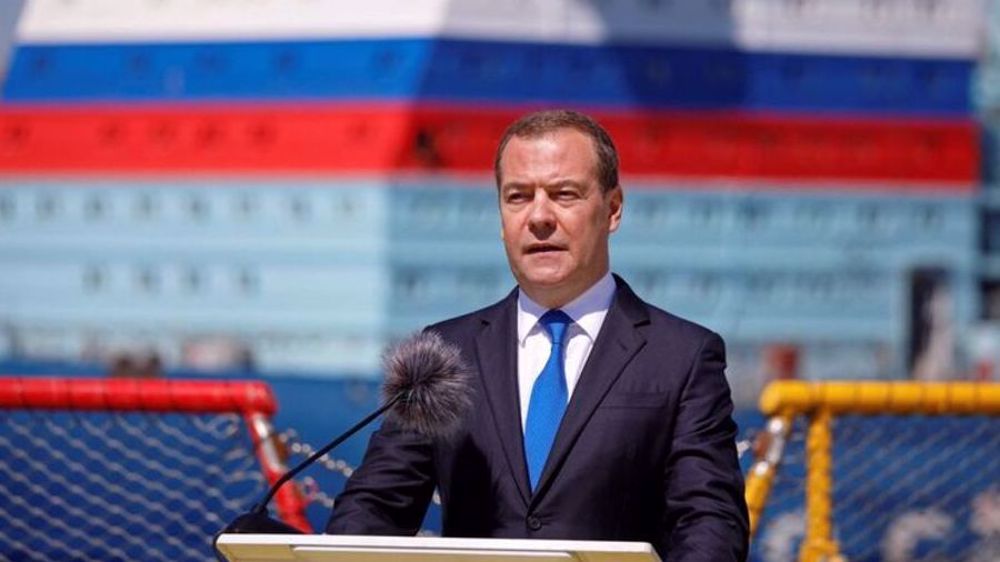
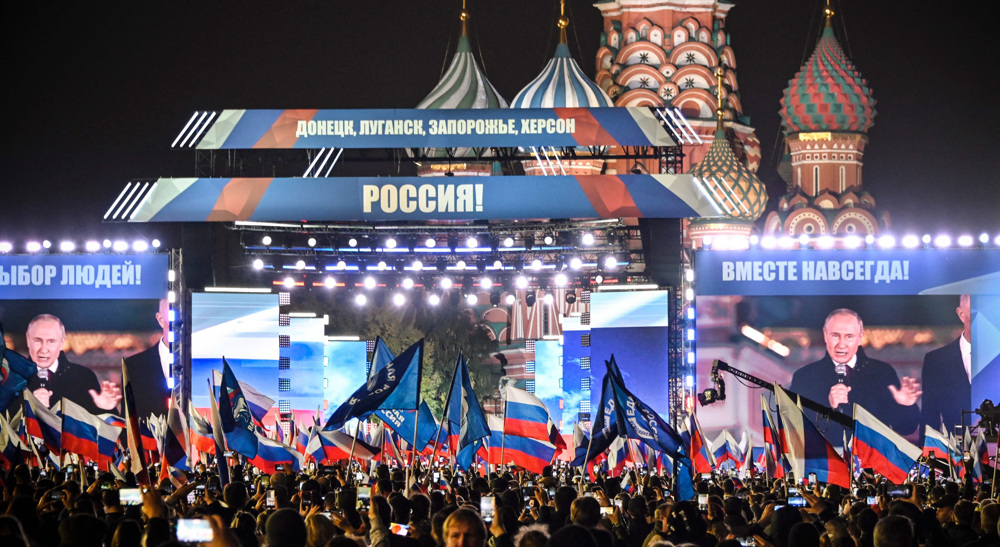

 This makes it easy to access the Press TV website
This makes it easy to access the Press TV website